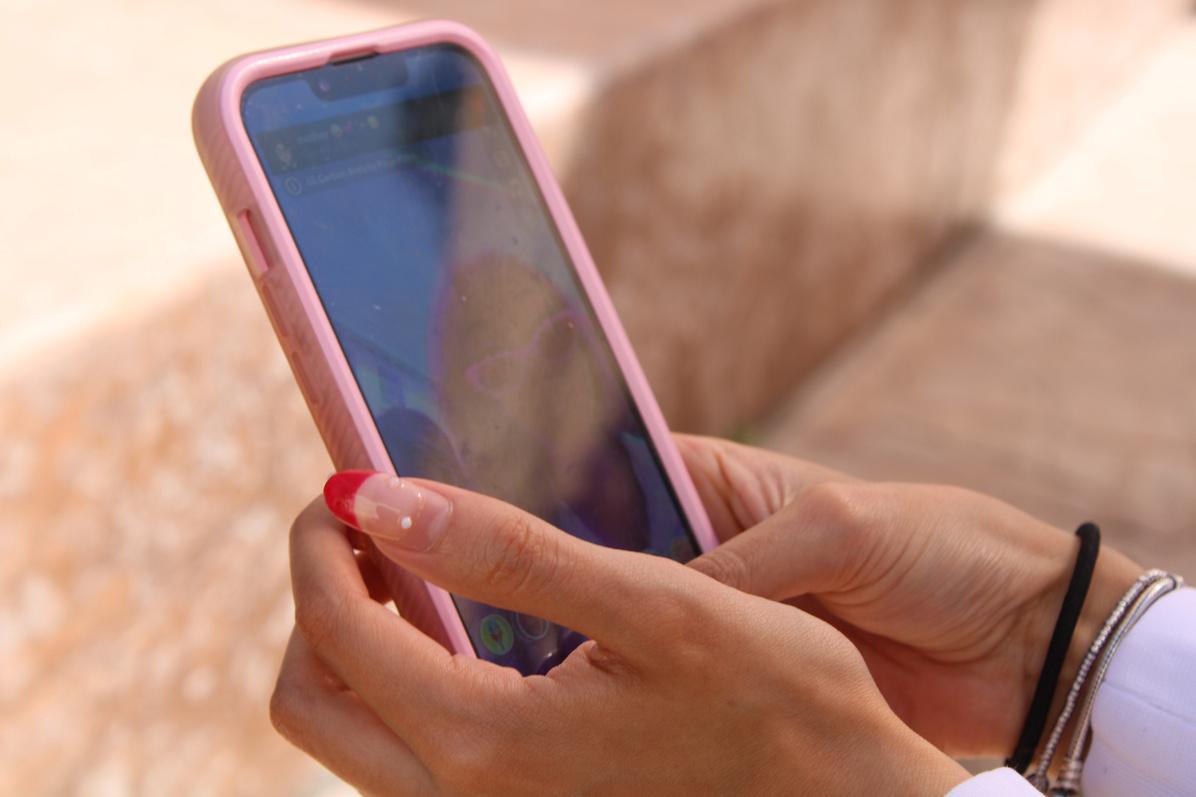
2 minute read
Attempts to Fake Perfection
Attempts to
Fake Perfection
Written by Lauren Suerth
We are living in an untrue era. Noses can be changed, stomachs can be tightened, and body fat can be removed and relocated. Face Tuning apps can change our complexion, the color of our shirts, anything! We can all lie about our lives, changing who we are and what we look like with the click of a button. This is the impact social media has on our lives - we believe we must be perfect. We believe that everyone must have a certain body type to be considered desirable. The media puts an unrealistic expectation on the human body. Social media created so many myths, rules, and life hacks about how to get our bodies to look perfect. It’s hard to distinguish between the ones that are truly beneficial and the ones that are meant to hurt us. Social media companies profit off of our insecurities. When we follow models that we crave to look like, we become obsessed with them, feeding into the unrealistic beauty standards. Social media preys on our vulnerability. We can look at these models in two very different ways. The first way is admiring their beauty and work and still being confident in ourselves. The second way is wishing to look like them, consumed by their appearance. In this way, our self esteem is lowered.
One of the largest beauty myths of all time is the Body Mass Index (BMI) chart. This chart does not apply to everyone. Weight distributes differently on each body type. Two people can weigh the same, practice the same workout, eat the same foods… and still look completely different. For example, I play sports, eat healthy and weigh a healthy amount for my age and height - but according to the BMI chart, I am considered overweight. The BMI chart is an inaccurate measure of body fat content that does not take into account muscle mass, bone density, and overall body composition. Beauty standards and the “ideal body type” are everywhere, although it may not be obvious. We see this through interactions with TV shows, social media, and even children’s books. Every character tends to fit in the same mold. Another beauty myth is beneficial products - or should I say, fake products. These new products supposedly unlock your beautiful and flawless natural self. In reality, these serums and new makeup launches are just repackaged material that everyone has seen and tried before just with a new name. Also do not forget the lie that every skincare brand says: “This product works for all types of skin and people!” This product gives me clear skin along with every other person in the world? What a blessing! Too bad it' s false. Every person’s skin reacts differently to skincare products. These brands have to say those things so they can successfully advertise their products and receive tons of publicity.
Many signs and posts rise above these myths of beauty standards, saying,
“Everyone is beautiful. ” Most of the population forgets this. Do not let social media distract you from reality. Every body, face, personality, and mind is uniquely gorgeous, including yours.










